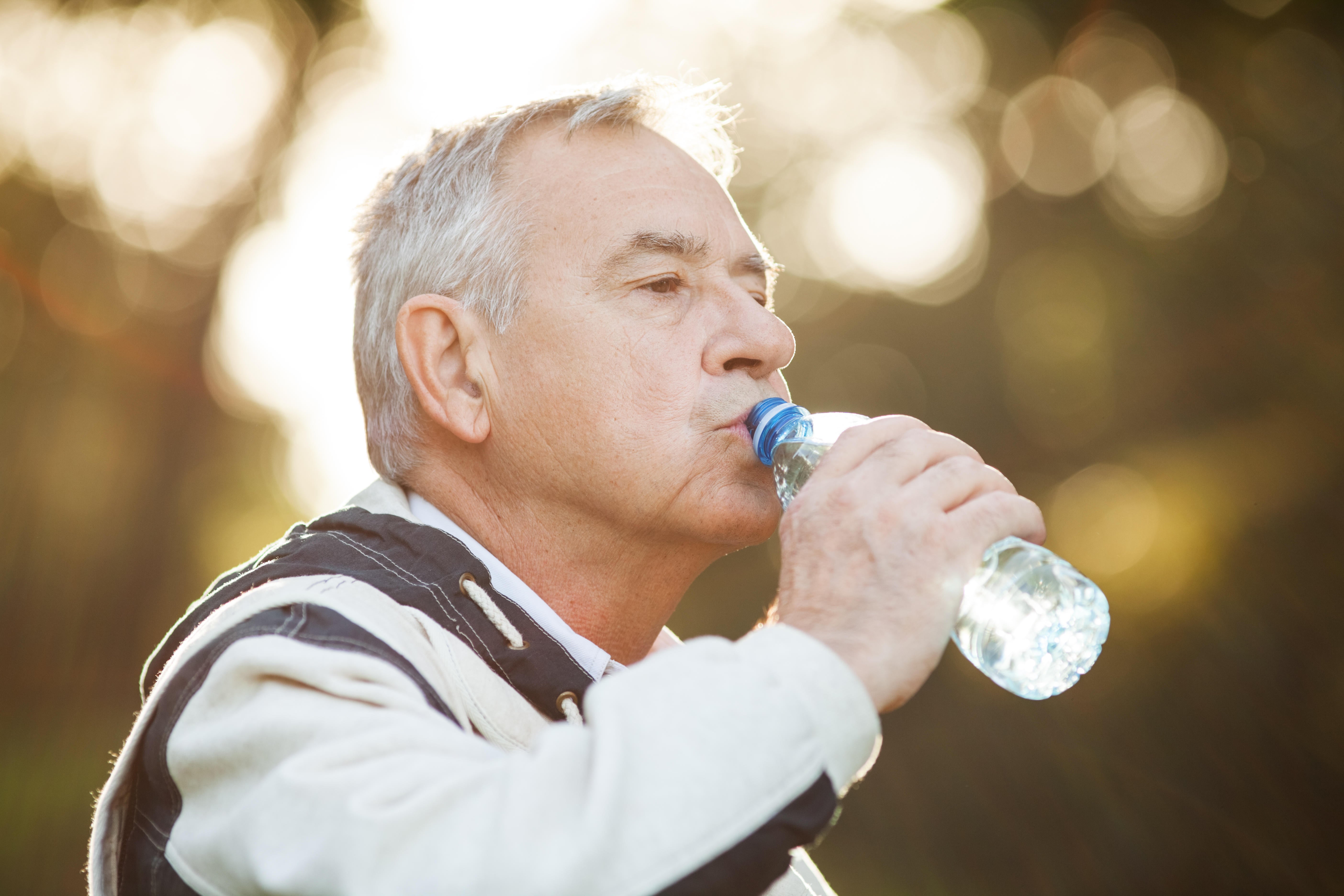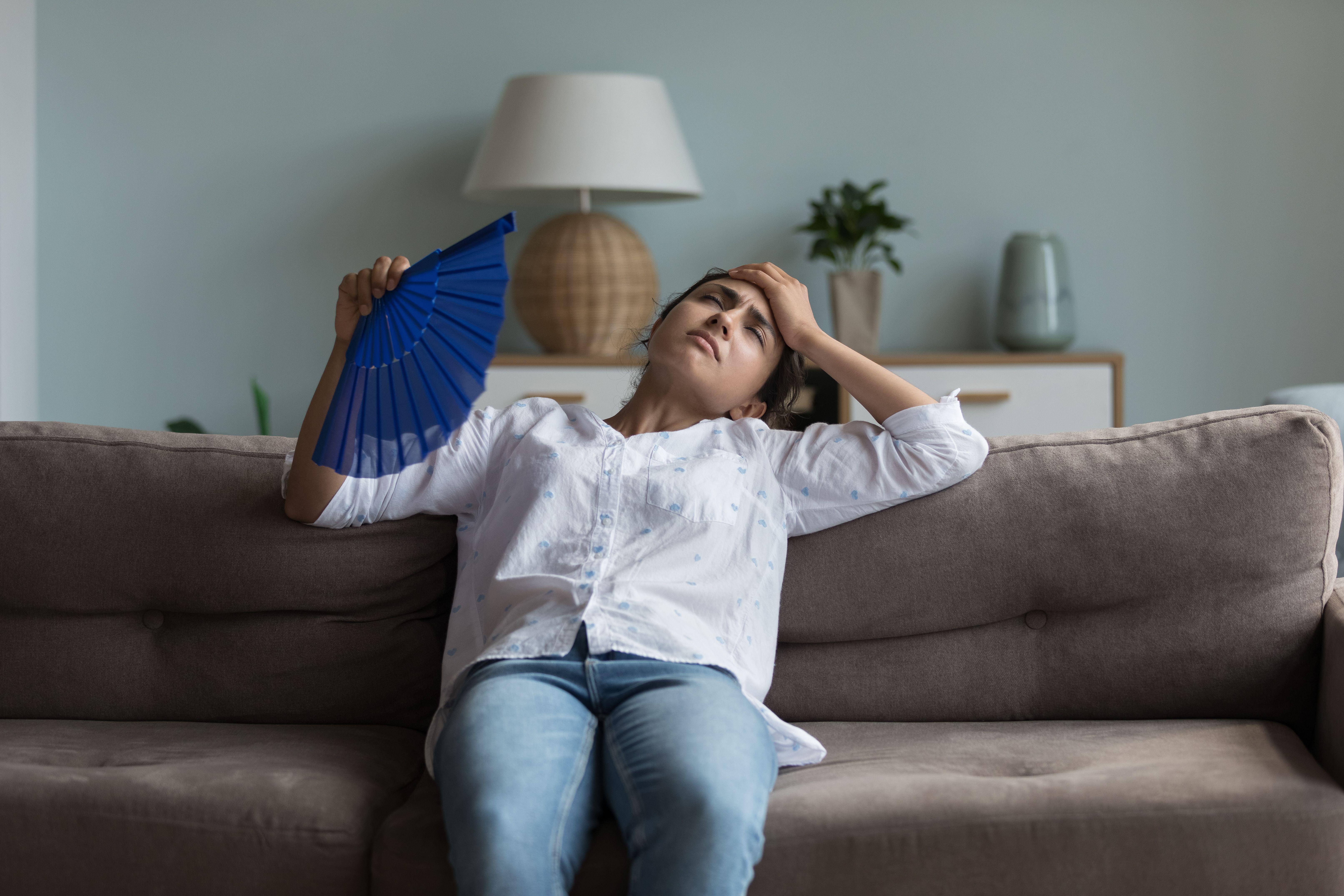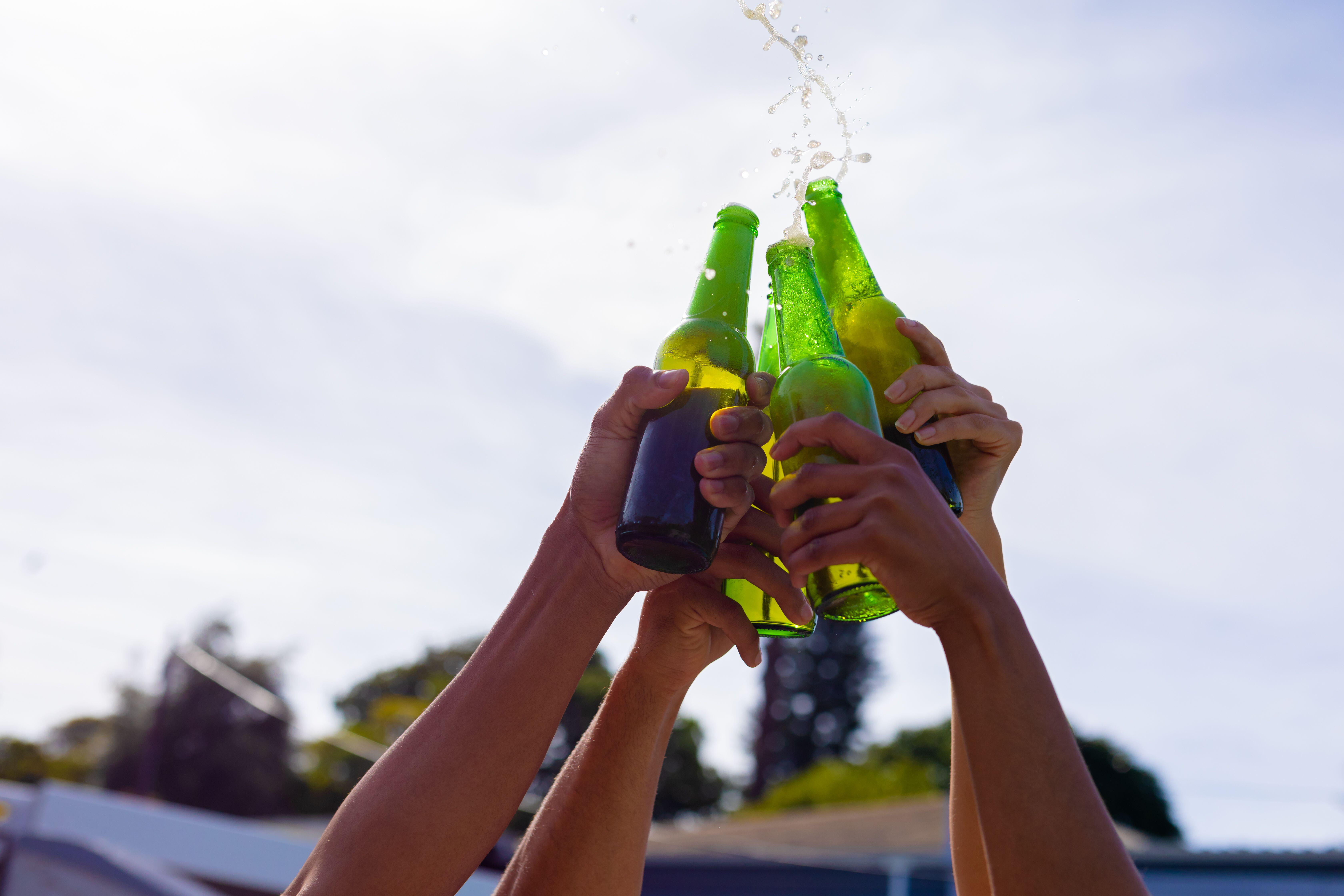As the UK prepares for its second heatwave of the year, health experts are issuing a crucial reminder about the significant health risks posed by rising temperatures.
While seemingly minor symptoms like increased thirst and light-headedness might be dismissed, medical professionals are stressing the critical importance of not underestimating the seriousness of dehydration.
GPs have offered valuable guidance on optimal water intake during periods of extreme heat.
Their advice extends to practical tips designed to help individuals remain cool and adequately hydrated throughout the summer months, underscoring the need for proactive measures to safeguard well-being.
How much water should the average adult drink during a heatwave, and does this differ from normal recommendations?

“It is well known that most individuals do not consume enough water,” recognises Dr Angela Rai, GP at The London General Practice. “It is recommended to drink around eight glasses of water per day, which equals around 1.5-2 litres per day.
“The ideal water intake varies on factors such as age, underlying health conditions, medicines taken regularly, and activity levels, but in general men may need up to 3.7 litres a day and women 2.7 litres a day.”
However, in hot weather and particularly during a heatwave, everyone’s water requirements will go up.
“We need to drink up to around three litres a day (not including hidden sources) to replenish fluids we lose through sweating,” advises Rai. “It is important to space this out throughout the day and not to drink excessive amounts all at once. Start your day with a glass of water first thing in the morning to help rehydrate your body after sleep.
“If you are working in the heat, try to drink around one cup of water every 20 minutes.”
Do hydration needs differ for children, elderly people or those with medical conditions during extreme heat?
“Yes, babies, toddlers, elderly people and those with chronic health conditions are more prone to dehydration and heat exhaustion,” says Rai. “Those that may be more at risk of dehydration also include people with diabetes, people who are consuming alcohol and / or have been in the sun for too long.”
Are there specific signs of dehydration people often miss in hot weather?

Symptoms of dehydration in adults and children listed on the NHS website include feeling thirsty, passing dark yellow, strong-smelling pee, peeing less often than usual, feeling dizzy or lightheaded, feeling tired, a dry mouth, lips and tongue, and sunken eyes, which shouldn’t be ignored.
“Dehydration will decrease blood volume, making it harder for the heart to pump oxygen and nutrients to muscles and organs, leading to feelings of tiredness,” explains Rai. “Water is also essential for cellular functions and brain functions. Water helps us maintain our electrolyte balance which is crucial for muscle function and energy.”
Is it possible to drink too much water in a heatwave?
“Yes, it is indeed possible to drink too much water, a condition known as hyponatremia, which occurs when the sodium levels in the blood become dangerously low,” explains Dr Naveed Asif, GP at The London General Practice. “During a heatwave, while it’s essential to stay hydrated, individuals should be mindful of their intake.
“Striking the right balance involves listening to your body: drink when you’re thirsty, but also be proactive in consuming fluids. Monitoring the colour of your urine is a good indicator; light yellow generally indicates adequate hydration, while darker shades suggest a need for more water.”
So, here are some tips for staying adequately hydrated this summer…
Increase fluid intake
“When you become dehydrated, you will also need to replace electrolytes as well as water,” recommends Rai. “Children and adults lose fluids and electrolytes, so drink plenty of water and other fluids such as sports drinks, especially if you are very physically active.
“You can buy special oral rehydration sachets for children and adults from pharmacies.”
Reduce consumption of caffeinated drinks and alcohol

Both caffeinated and alcoholic beverages can contribute to dehydration, particularly in hot weather.
“Caffeine and alcohol act as diuretics, increasing urine production and leading to a net loss of fluids,” explains Asif. “In high temperatures, this effect can be compounded, making it advisable to limit these drinks and prioritise water or electrolyte-rich beverages to maintain proper hydration levels.”
Avoid strenuous exercise in hot weather
“Avoid strenuous exercise in hot weather, especially between 11am and 3pm, when temperatures are usually highest,” advises Rai.
Wear loose clothing
“Wear loose clothes made from natural fibres such as cotton or linen, which allow your body to evaporate heat readily by sweating,” suggests Rai.
Stay cool
“Keep your home cool by using a fan and take regular cool showers or baths,” recommends Rai. “If you are feeling hot, put a damp flannel on the back of your neck and keep changing it. As the water evaporates from your skin, it will cool you down.”




